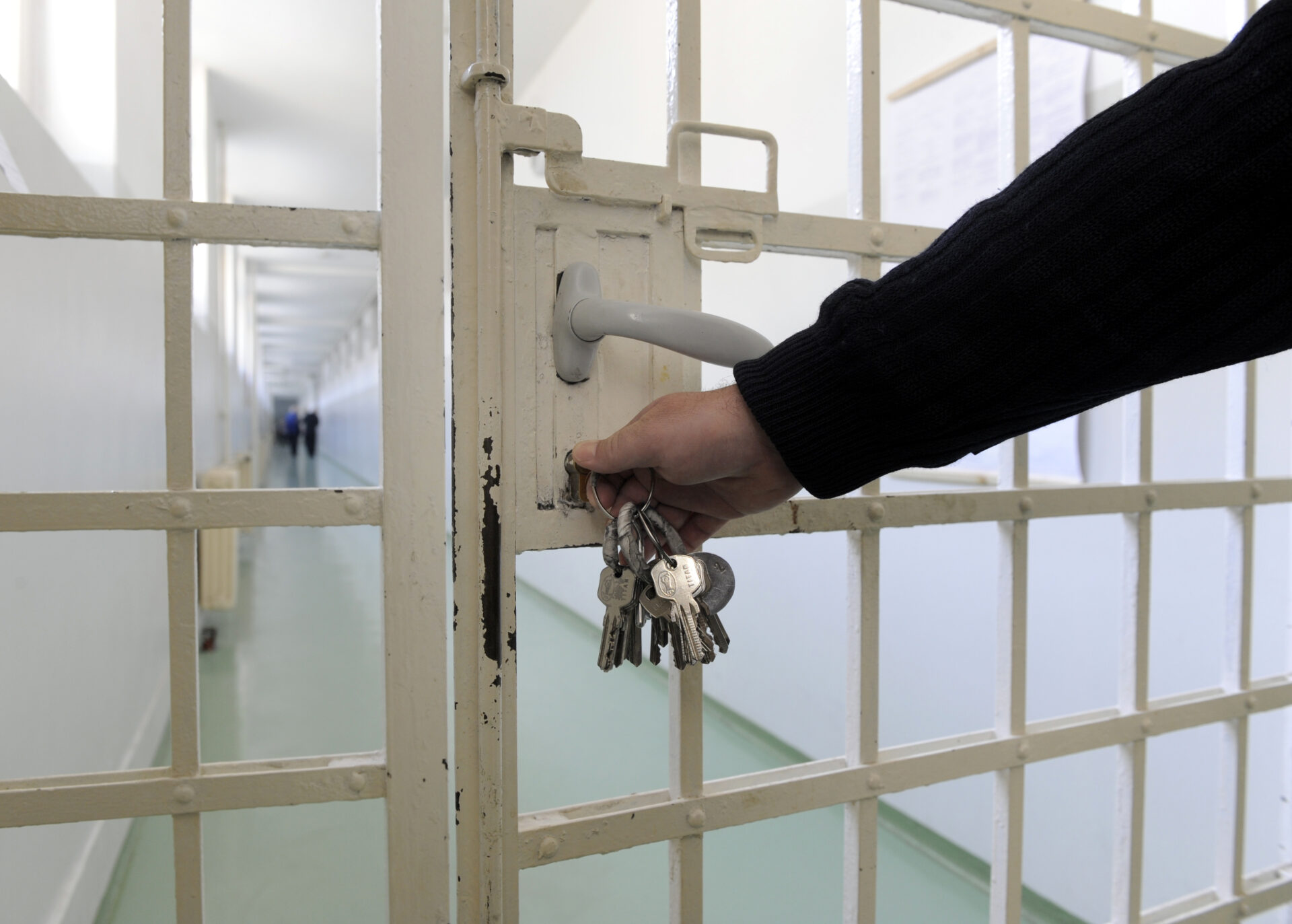Legislators learned Monday there are more than 300 teens in out-of-state facilities because there’s no place to house them in West Virginia and there are approximately 83 vacancies in the state’s Child and Adult Protective Services
Legislators learned Monday there are more than 300 teens in out-of-state facilities because there’s no place to house them in West Virginia, and there are approximately 83 vacancies in the state’s Child and Adult Protective Services.
Facilities For Violent Teens
The West Virginia Legislature’s Joint Committee on the Judiciary heard testimony Monday from Judge Steve Redding from the 23rd Judicial Court in Berkeley County. He told the committee one of the biggest problems he faces as a judge is there is no in-state facility to handle violent or out of control teens in West Virginia.
“This creates an untenable situation where it’s too dangerous to leave the child in the community, but no in-state facility will accept them,” he said. “This creates an unnecessary delay in obtaining permanency for the children in our care. And studies have demonstrated that the longer it takes to obtain permanent permanency, the more difficult it becomes for that child to become a stable, functioning adult.”
Redding explained that sending children to out-of-state facilities is the last and final option.
“The court in almost every case begins by ordering wraparound community services in the home,” he said. “If that’s unsuccessful, and the child continues to commit offenses, use drugs or otherwise places his or herself and others in danger, we look to the least restrictive in-state placement.”
He explained that some children exhibit behaviors that are so out of control and dangerous that no in-state facility will accept them. He said the courts waste time requiring the department to exhaust all in-state possibilities prior to ordering that out-of-state referrals be made when they already know there are no in-state providers that can accept these children.
“These are typically children that are violent, or committed sexual offenses,” Redding said. “For a child 14 years or older, who is competent, we have the ability to place that child in detention until a bed is available in order to keep the child’s family and the community safe. For those children under the age of 14, or those 14 and over that are intellectually delayed, on the spectrum or are suffering from significant mental health issues, they are deemed incompetent to stand trial.”
Redding said the law prohibits the court from placing those youth in detention.
Jeffrey Pack, the commissioner for the Bureau for Social Services, confirmed there are 320 violent West Virginia teens in out-of-state facilities.
Both men agreed that the state legislature should look into establishing an in-state facility to work with these troubled youths.
Ongoing Staffing Shortages
Pack also gave the legislators an update on where things stand with the staffing issues with Child and Adult Protective Services.
During the last regular session, the legislature passed Senate Bill 273 that reallocated Child Protective Services workers based on county population as well as established pay raises and incentives for CPS and Adult Protective Services workers to stay on the job. That included pay raises as well as retention bonuses for employees who stay on the job. The five percent raises take effect at two, four, six and eight years.
Additionally, the starting salary for CPS workers in the Eastern Panhandle was raised to $50,000 to compete with neighboring states.
Pack explained even though the changes are already in place, the agency hasn’t necessarily seen the benefits yet as it takes time to hire, train and prepare new employees to do their job.
Each new employee must complete 240 hours of training, spread out across 11 weeks and then they go through eight weeks of slowly stepped up caseloads covering two to three cases per week before taking on a full caseload. Pack said it will take about a year from the implementation of the new initiatives to see the positive effect.
Vacancies are being filled, however.
Over the summer, Pack said the bureau’s vacancy rate had been reduced from 31 percent in January to 19 percent as of June 2023. Monday he reported that the agency has a 16 percent vacancy rate. Of the agency’s 518 staffers, that leaves approximately 83 openings to be filled.
